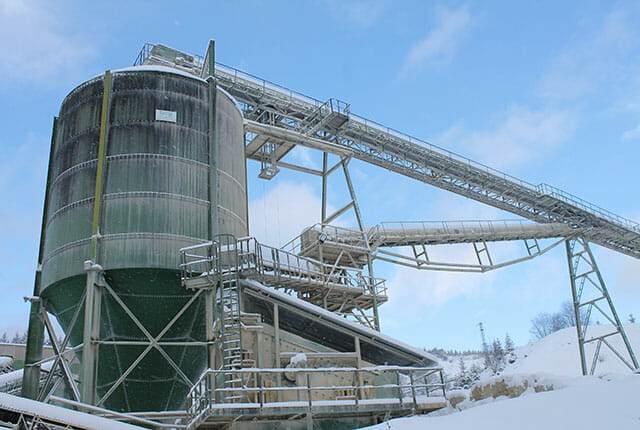
- July 24, 2023
- Attorney Matt Stoddard
- Wrongful Death
The sugar refinery in Port Wentworth, at the north end of Savannah, has been in operation almost continuously since 1917. The most infamous day in its history was February 7th, 2008, when a buildup of sugar dust under one of the conveyor belts ignited, leading to a massive particle explosion that killed 14 workers, injured 38 more, and leveled large portions of the facility.
Sadly, one major accident might not sound like a terrible record for a high-volume industrial facility that had been in operation for over 90 years, but the kind of carelessness that allowed for all those deaths should not have happened anywhere, on any timeline.
OSHA levied an $8.7 million fine, the third largest in its history at the time, after determining that the company that owned the plant, Imperial Sugar, had fully understood the danger of particle explosions and done nothing to stop them. The U.S Chemical Safety Board also called the incident “entirely preventable.”
The company began rebuilding immediately with promises of safety improvements, and was later bought out by U.S Sugar in September of 2022.
It seems, however, that none of these changes have turned the refinery into a safe workplace.
Another Refinery Worker Has Died in an Industrial Explosion
On the morning of June 9th, fifteen years after the Imperial Sugar blast, another deadly explosion occurred in one of the refinery’s silos.
The victim was 61-year-old Robert Sallette, a Richmond resident who leaves behind a wife, Margie Sallette, as well as four children and two grandchildren.
The explosion that killed Sallette started, not with sugar particles, but with the water-based pressure lance he was using to cut metal inside the silo. Pressure lances work by focusing small jets of water at thousands of pounds or pressure per square inch. The apparent catastrophic failure of the device was enough to propel metal shrapnel at deadly speeds.
The Chatham County police and coroner’s departments are still investigating, and OSHA will presumably do the same. So far, it appears that Sallette was following all safety procedures, and the cause of the failure is unclear.
Finding out the truth of what happened in that silo is important for multiple reasons. Aside from offering closure and guiding future safety policies, those details can affect the family’s legal options for compensation.
U.S. Sugar May Be Immune to a Lawsuit, but Its Suppliers and Contractors Are Not
The worker’s comp system can make it challenging to hold companies truly accountable for worker safety. Under worker’s comp law, employers are generally immune to personal injury and wrongful death suits from employees and their families, even in cases of gross negligence.
What accountability does exist comes in the form of government organizations like OSHA, which do not compensate victims. The worker’s comp system itself provides small payouts, but not nearly the full amount a civil court would award.
However, many industrial accidents are the result of negligence from more than just once source. Only the employer is immune to lawsuits — other companies involved in the accident are valid defendants for a suit.
In the Sallette accident, for example, it’s possible the pressure lance was defective. If so, the company that sold the lance to U.S Sugar would be fully liable for Sallette’s death.
If you are Margie Sallette, or if you have also lost someone to an industrial accident in Georgia, reach out to learn more about your options for pursuing the compensation you deserve.

 Matt Stoddard is a professional, hardworking, ethical advocate. He routinely faces some of the nation’s largest companies and some of the world’s largest insurers – opponents who have virtually unlimited resources. In these circumstances, Mr. Stoddard is comfortable. Mr. Stoddard provides his strongest efforts to his clients, and he devotes the firm’s significant financial resources to presenting the strongest case possible on their behalf. Matt understands that his clients must put their trust in him. That trust creates an obligation for Matt to work tirelessly on their behalf, and Matt Stoddard does not take that obligation lightly. [
Matt Stoddard is a professional, hardworking, ethical advocate. He routinely faces some of the nation’s largest companies and some of the world’s largest insurers – opponents who have virtually unlimited resources. In these circumstances, Mr. Stoddard is comfortable. Mr. Stoddard provides his strongest efforts to his clients, and he devotes the firm’s significant financial resources to presenting the strongest case possible on their behalf. Matt understands that his clients must put their trust in him. That trust creates an obligation for Matt to work tirelessly on their behalf, and Matt Stoddard does not take that obligation lightly. [